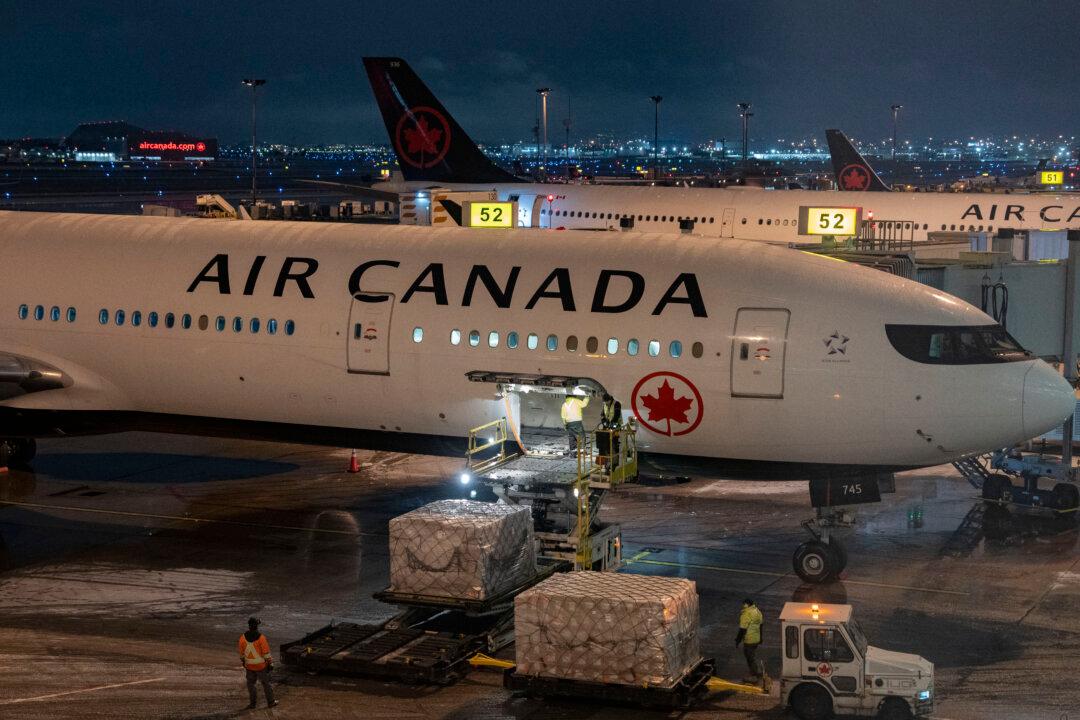OTTAWA—Canada is pushing to be part of the Iranian-led investigation of the plane crash near Tehran that killed everyone on board, including 138 people bound for Canada, says Prime Minister Justin Trudeau.
Gaining access could prove challenging because Canada broke diplomatic relations with Iran in 2012, shuttering its Tehran embassy and expelling its diplomats. Trudeau said Foreign Affairs Minister Francois-Philippe Champagne was to speak with his Iranian counterpart, Javad Zarif, to stress the need for a thorough investigation into the crash—one that included Canada.





